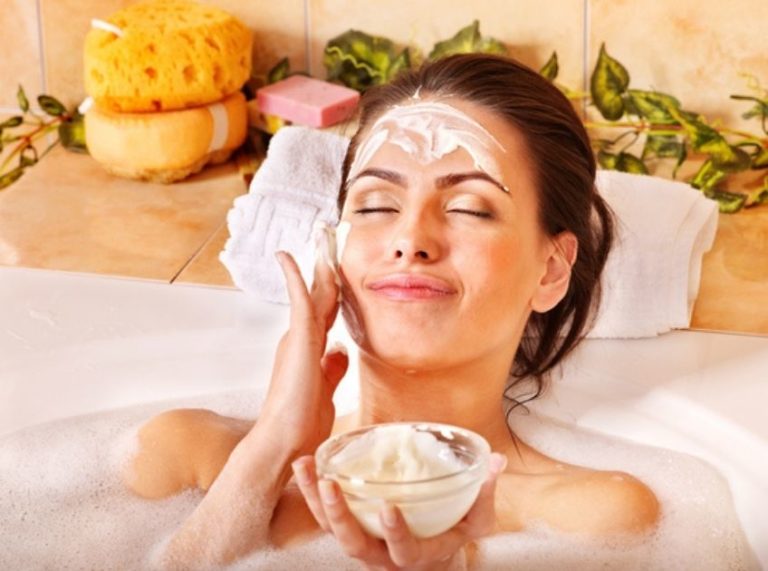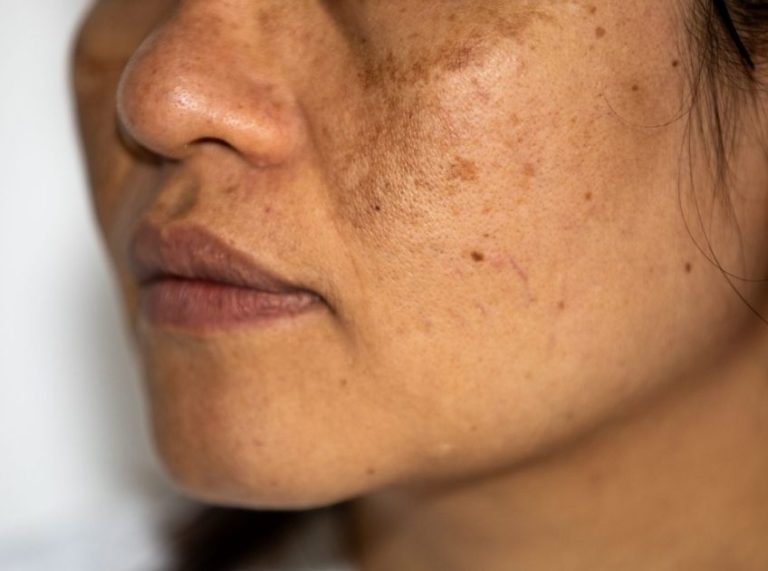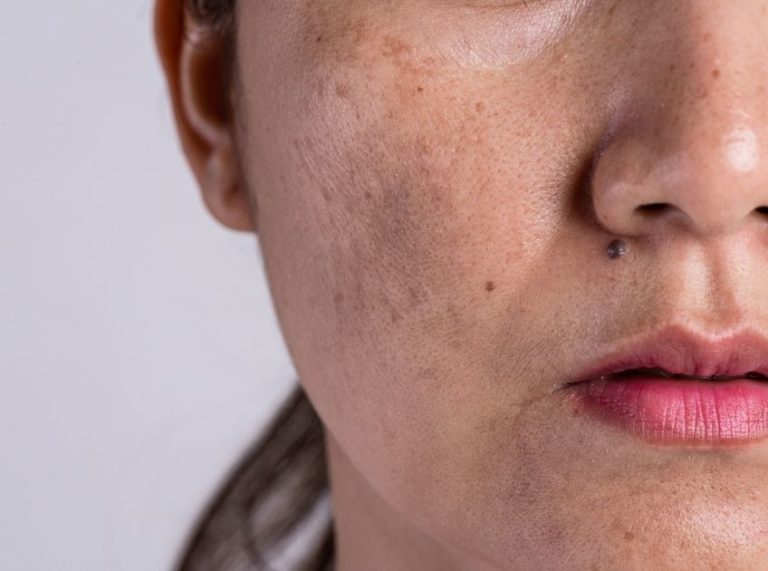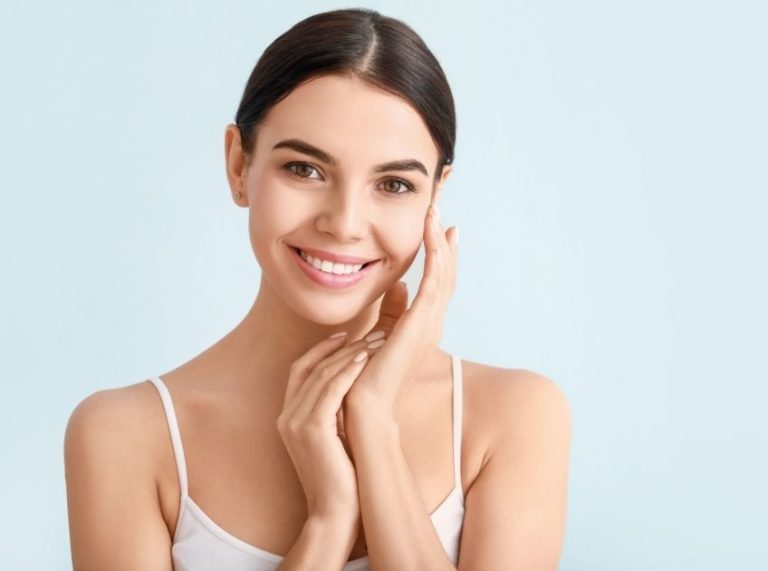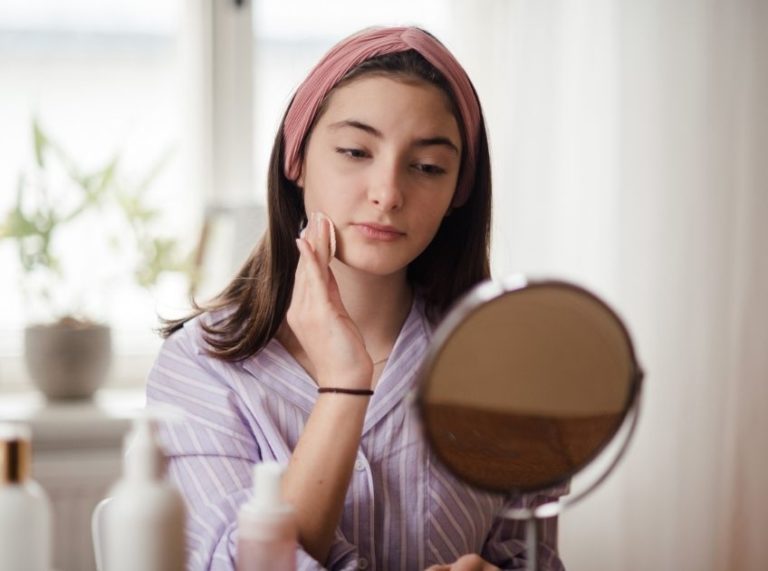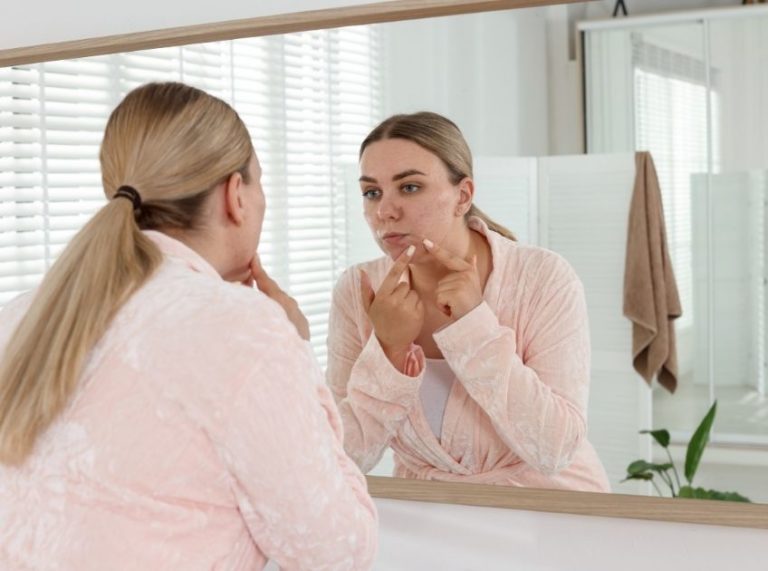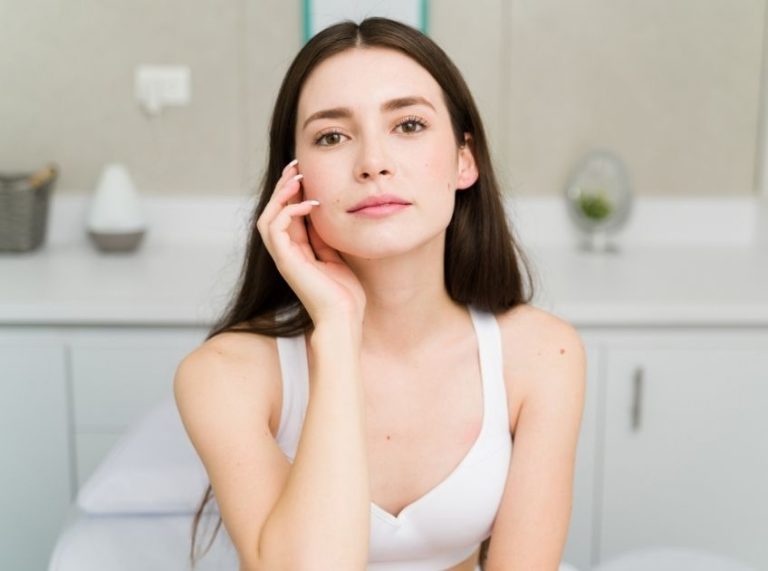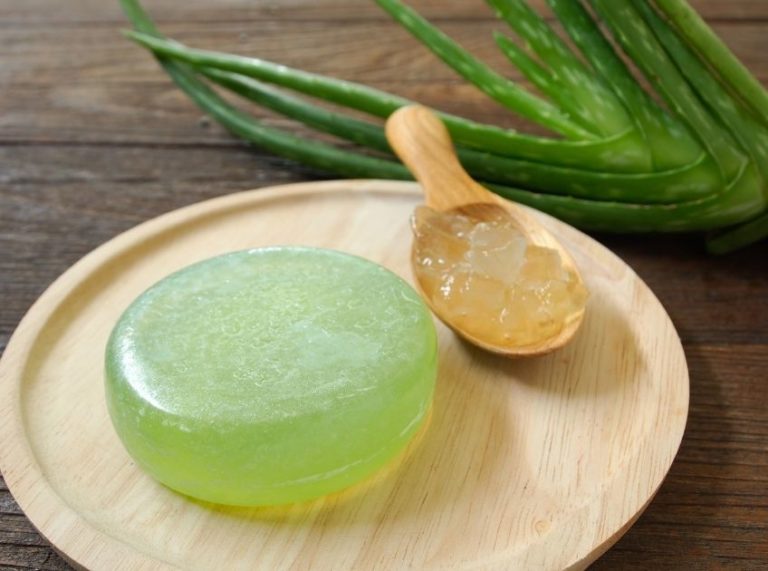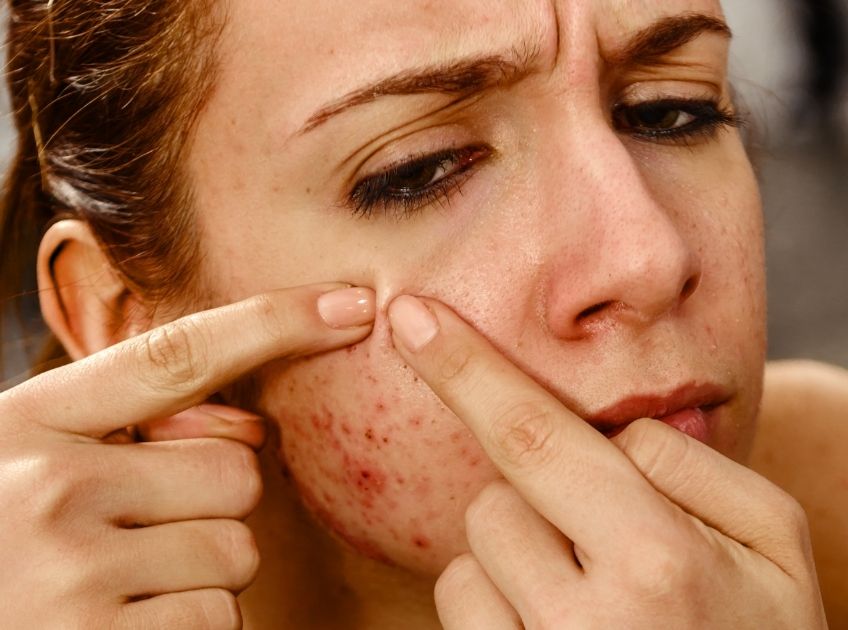
Important: This article is for informational purposes only. Please read our full disclaimer for more details.
Acne is one of the most common skin concerns worldwide, affecting teens and adults alike. While medical treatments like retinoids and benzoyl peroxide remain the gold standard, interest in herbal remedies has grown rapidly. Many herbs contain anti-inflammatory, antimicrobial, and antioxidant compounds that may support clearer skin—when used correctly.
This guide explores what the research actually says, the most effective herbs for acne, and how to use them safely.
Do Herbal Remedies Work? Understanding What Research Shows
- Herbal treatments are popular, but their scientific backing varies. Some herbs have studies supporting their anti-acne effects, while others rely more on traditional use. Here’s what current research indicates:Anti-inflammatory properties help calm redness, swelling, and painful acne lesions.
- Antibacterial effects, especially against Cutibacterium acnes (formerly Propionibacterium acnes), may help reduce breakouts.
- Antioxidants protect skin from oxidative stress, which can worsen acne.
- For example, tea tree oil has been studied extensively. A randomised clinical trial published in the Medical Journal of Australia found that 5% tea tree oil gel worked significantly better than a placebo in reducing mild-to-moderate acne (1). Similarly, aloe vera has shown benefits when combined with traditional treatments.
- While herbal remedies show promise, they work best as complementary tools—not replacements—for evidence-based acne care.
Top 5 Herbs That May Help Reduce Acne
Below are five well-researched, traditionally used herbs that may support clearer skin—plus how to use each one safely.
1. Tea Tree (Melaleuca alternifolia): A Natural Antimicrobial Powerhouse
Why it works: Rich in terpinen-4-ol, tea tree oil exhibits strong antibacterial and anti-inflammatory effects. Studies show that topical tea tree oil may reduce acne lesions similarly to benzoyl peroxide, with fewer side effects (2).
How to use it for acne:
- Dilute 1–2 drops of tea tree oil in a teaspoon of a carrier oil (like jojoba).
- Apply as a spot treatment once daily.
- Avoid using it undiluted—it can irritate.
2. Aloe Vera: A Soothing Skin Calmer
Why it works: Aloe contains compounds like aloin and salicylic acid that can soothe inflammation and gently exfoliate. Research shows aloe gel combined with tretinoin improves acne more than tretinoin alone (3).
How to use it for acne:
- Apply pure aloe vera gel to freshly cleansed skin.
- Use it as a moisturiser or calming layer under your regular treatment.
3. Neem (Azadirachta indica): Traditional Herb with Antibacterial Benefits
Why it works: Neem leaves are rich in nimbidin and azadirachtin, compounds with antibacterial and anti-inflammatory properties. They have been used in Ayurveda for centuries to support acne-prone skin.
How to use it for acne:
- Use neem leaf paste as a weekly mask.
- Or apply a diluted neem oil solution (one drop in a carrier oil).
- Neem soap can also be used as part of your cleansing routine.
4. Green Tea (Camellia sinensis): Rich in Skin-Loving Antioxidants
Why it works: Green tea contains EGCG, which reduces sebum production, inflammation, and bacterial growth. Several studies show that topical green tea extracts may improve acne severity (4).
How to use it for acne:
- Apply cooled, concentrated green tea to the skin as a toner.
- Look for 2–5% green tea extract in skincare products.
- Drinking green tea also provides antioxidants internally.
5. Turmeric (Curcuma longa): Nature’s Anti-Inflammatory Star
Why it works: Curcumin—the active compound in turmeric—offers antimicrobial and potent anti-inflammatory benefits. Early research shows it may help soothe breakouts and reduce post-acne marks.
How to use it for acne:
- Mix turmeric powder with honey or aloe to create a mask.
- Leave on for 10–15 minutes, then rinse.
- Avoid leaving it on too long to prevent yellow staining.
Important Precautions: What You Should Know Before Using Herbs
Herbal remedies aren’t always risk-free. Consider these safety tips:
- Always patch-test to rule out allergic reactions.
- Essential oils must be diluted to prevent irritation.
- Avoid applying herbs to broken or severely inflamed skin unless advised.
- Natural doesn’t always mean gentle—some herbs can trigger sensitivity.
- Speak with a dermatologist if you have persistent, cystic, or hormonal acne.
What Else Can Help? Evidence-Based Acne Treatments
Herbs work best when paired with proven treatments such as:
- Topical retinoids (adapalene, tretinoin)
- Benzoyl peroxide
- Salicylic acid
- Azelaic acid
- Oral contraceptives (for hormonal acne)
- Oral antibiotics or isotretinoin (for severe cases)
- Lifestyle measures—like reducing high-GI foods, managing stress, and maintaining good skincare hygiene—also play a supportive role.
Frequently Asked Questions (FAQ’S)
1. Are herbal treatments enough for treating acne on their own?
A. Not usually. Herbs may reduce inflammation and bacteria, but moderate-to-severe acne often requires medical treatments for the best results.
2. How long do herbs take to improve acne?
A. Generally, 4–8 weeks of consistent use. Herbal treatments tend to work more slowly than pharmaceutical options.
3. Can I mix herbs with my regular acne medications?
A. Often yes, but always patch-test and introduce one product at a time. Some combinations can irritate the skin—for example, tea tree oil plus benzoyl peroxide may be too harsh.
Herbs can be a valuable addition to an acne-care routine, especially for those who prefer natural approaches or want to complement their existing treatments. While research supports the benefits of ingredients like tea tree, aloe vera, neem, and green tea, they’re not miracle cures. Used correctly—and with professional guidance—herbal remedies can support clearer, calmer, and healthier-looking skin.
